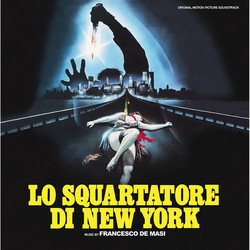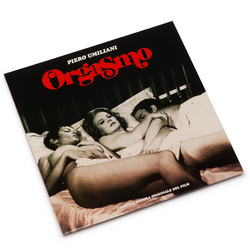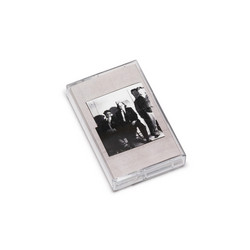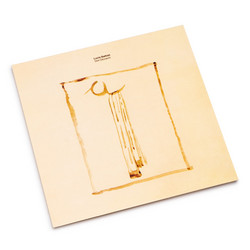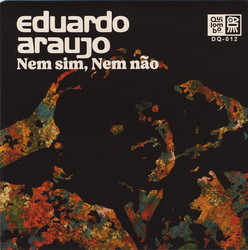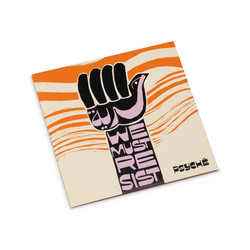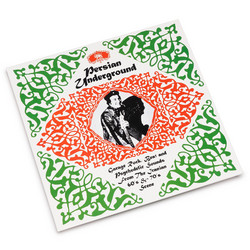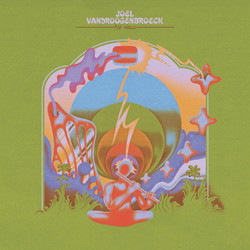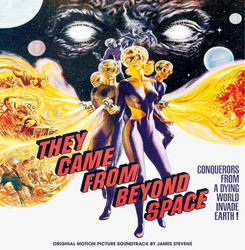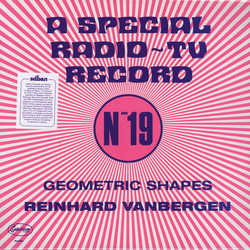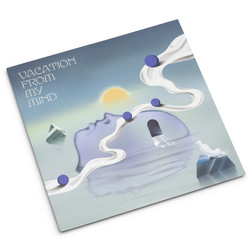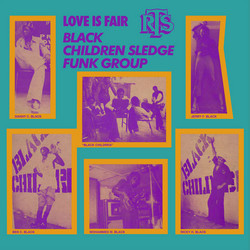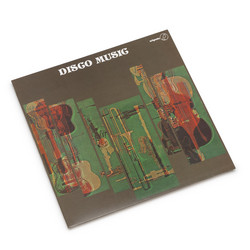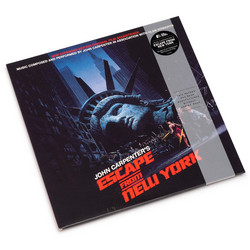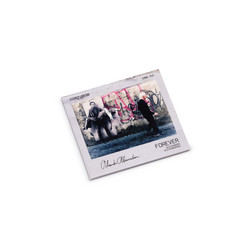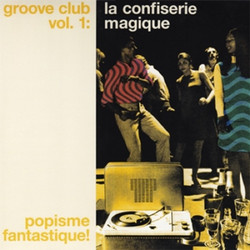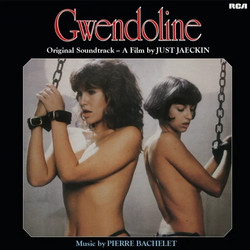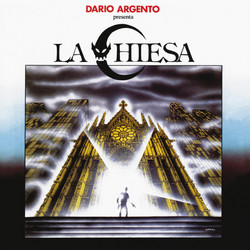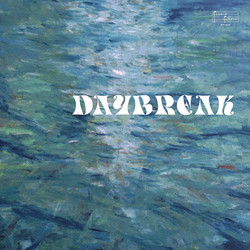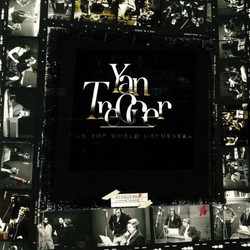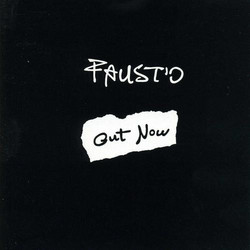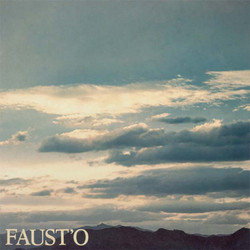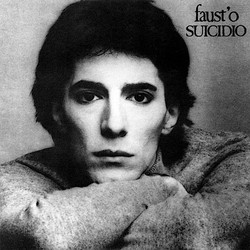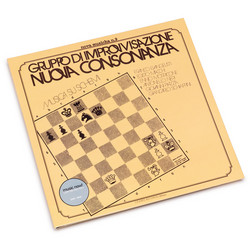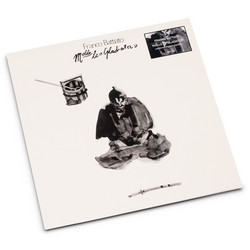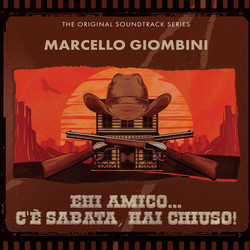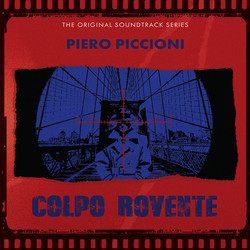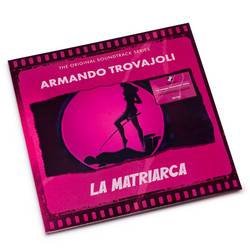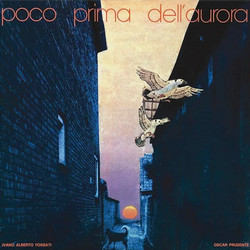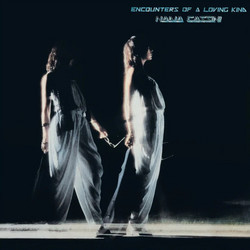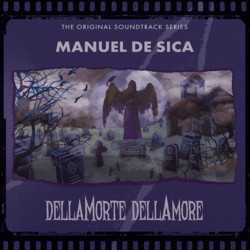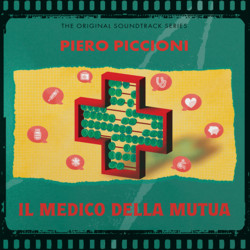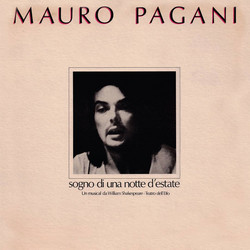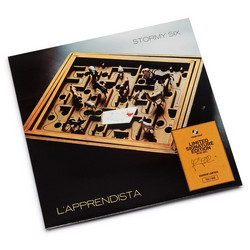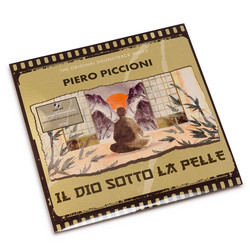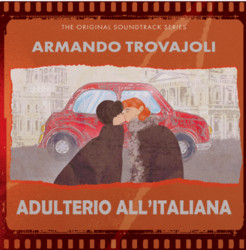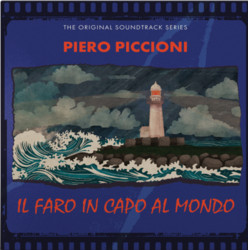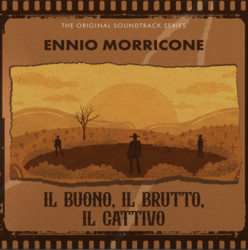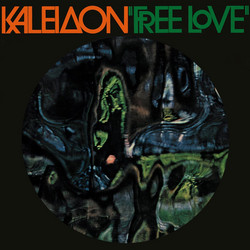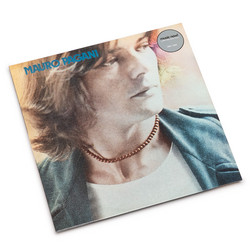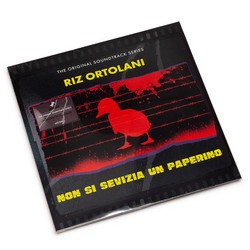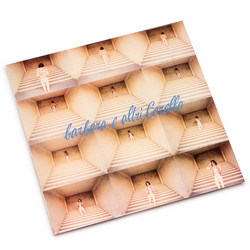With J’Accuse... Amore Mio, Faust’O (Fausto Rossi) delivers his third studio album, a daring statement where existential tension and musical experimentation intertwine to confront a rapidly transforming world. Emerging in 1980, a turbulent period for Italy both musically and socially, this record distances itself from traditional singer-songwriter narratives. Instead, it plunges into a blend of sharp lyricism, urban malaise, and avant-garde arrangements, reflecting a metropolitan landscape fraught with anxiety and seduction. J’Accuse... Amore Mio is more than a chronicle of its time; it’s an existential and media manifesto. The album shuns simple melodies in favor of dense and challenging sound layers, borrowing from the transgressive energy of British and American new wave while maintaining a starkly personal edge. The production foregrounds a city always in motion but never at rest, with tracks acting as windows into societal detachment, troubled desire, and modern disarray. Faust’O employs a biting and occasionally ironic language, dissecting illusions and relationships with a cool detachment that’s both analytical and intimate.
Musically, the record is unmistakably indebted to the likes of David Bowie and Roxy Music, yet the artist’s Italian perspective brings a fresh spin, infusing the work with an opaque melancholy and cerebral rage. The restless songwriting draws clear influence from punk’s urgency, channeling it into lyrics that oscillate between confession and accusation, often veering into the territory of cultural critique. Moments on the album evoke cinematic imagery, with fleeting glimpses of glamour, nostalgia, and urban decay coalescing into a modernist tableau. Years after its initial release, J’Accuse... Amore Mio is still considered a milestone of Italian new wave. Its themes of alienation, longing, and the pitfalls of contemporary existence retain their sting, and the album’s willingness to confront discomfort sets it apart from its peers. The record has been recently reissued, reaffirming its status as an essential document for listeners eager to explore the edgier, more cerebral side of Italian pop and rock - a testament to Faust’O’s commitment to artistic risk and honest expression.
